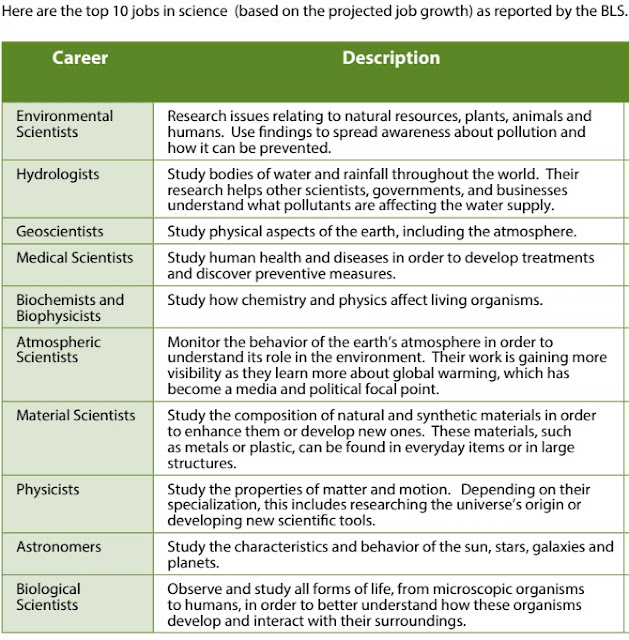COVID-19 crisis sheds light on the need for a new Education model
COVID19 has impacted our lives in a way no one has ever thought about .It has affected the way we think our lives are, our jobs, our lifestyle, our priorities, and most drastically the way our Education methods are.
Corona virus-related disruption has give educators time to rethink the sector.Technology has stepped into the breach, and will continue to play a key role in educating future generations.In a world where knowledge is a mouse-click away, the role of the educator must change too.Amidst this distress it's important to focus on the changes that will happen,especially over the trend of Online teaching. This unusual period of time has pushed us to look into other efficient ways of learning,and it's effectiveness is explored.In the days to come by, online teaching will find its way slowly over the traditional teaching methods . E-learning courses have become hugely popular and convenient than face to face traditional courses. The times like these pave ways for unexplored potentiality like E-learning and this could be the way of future.
Students can fit them around their existing responsibilities and commitments, and can engage with multimedia content and learning materials at whatever time is most convenient to them. Even better, they don’t have to travel anywhere to study, they can simply log in to the virtual campus from the comfort of their own home or office. Even better: they don’t have to travel anywhere to study, they can simply log in to the virtual campus from the comfort of their own home or office.
Virtual education emerged as the crisis management solution in lock down but this will be first draft of the road-map for the future schooling.
The COVID-19 crisis may well change our world and our global outlook; it may also teach us about how education needs to change to be able to better prepare our young learners for what the future might hold. These lessons include:
1. Educating citizens in an interconnected world
COVID-19 is a pandemic that illustrates how globally interconnected we are – there is no longer such a thing as isolated issues and actions. Successful people in the coming decades need to be able to understand this inter relatedness and navigate across boundaries to leverage their differences and work in a globally collaborative way.
2. Redefining the role of the educator
The notion of an educator as the knowledge-holder who imparts wisdom to their pupils is no longer fit for the purpose of a 21st-century education. With students being able to gain access to knowledge, and even learn a technical skill, through a few clicks on their phones, tablets and computers, we will need to redefine the role of the educator in the classroom and lecture theatre. This may mean that the role of educators will need to move towards facilitating young people’s development as contributing members of society.
Resilience and adaptability will be crucial for the next generations entering work.
 |
3. Teaching life skills needed for the future
In this ever-changing global environment, young people require resilience and adaptability – skills that are proving to be essential to navigate effectively through this pandemic. Looking into the future, some of the most important skills that employers will be looking for will be creativity, communication and collaboration, alongside empathy and emotional intelligence; and being able to work across demographic lines of differences to harness the power of the collective through effective teamwork.
4. Unlocking technology to deliver education
The COVID-19 pandemic has resulted in educational institutions across the world being compelled to suddenly harness and utilise the suite of available technological tools to create content for remote learning for students in all sectors. Educators across the world are experiencing new possibilities to do things differently and with greater flexibility resulting in potential benefits in accessibility to education for students across the world. These are new modes of instruction that have previously been largely untapped particularly in the kindergarten to Grade 12 arena.a
With Education apps like UDEMY,UNACADEMY AND BYJUs changing the model of education this could be the next normal for the future generations to come.
Most importantly, it is our hope that for the next generations to come, these experiences of isolation and remote learning away from their peers, teachers and classrooms will serve as a cautious reminder of the importance of our human need for face-to-face social interaction.
credits: World Economic Forum


Comments
Post a Comment